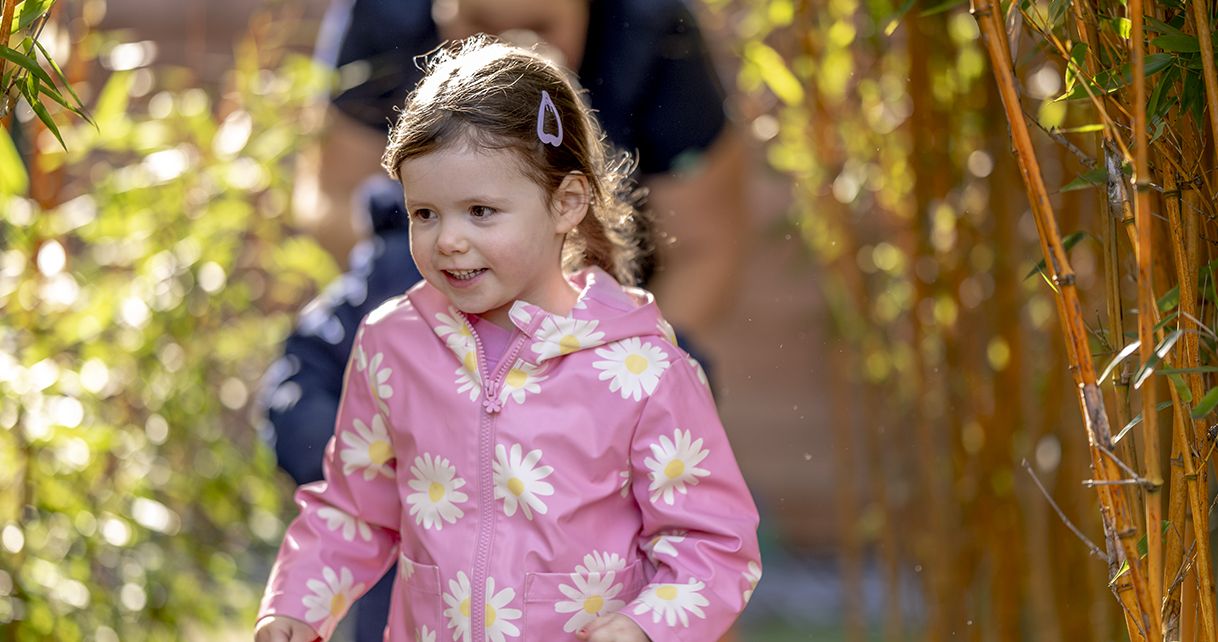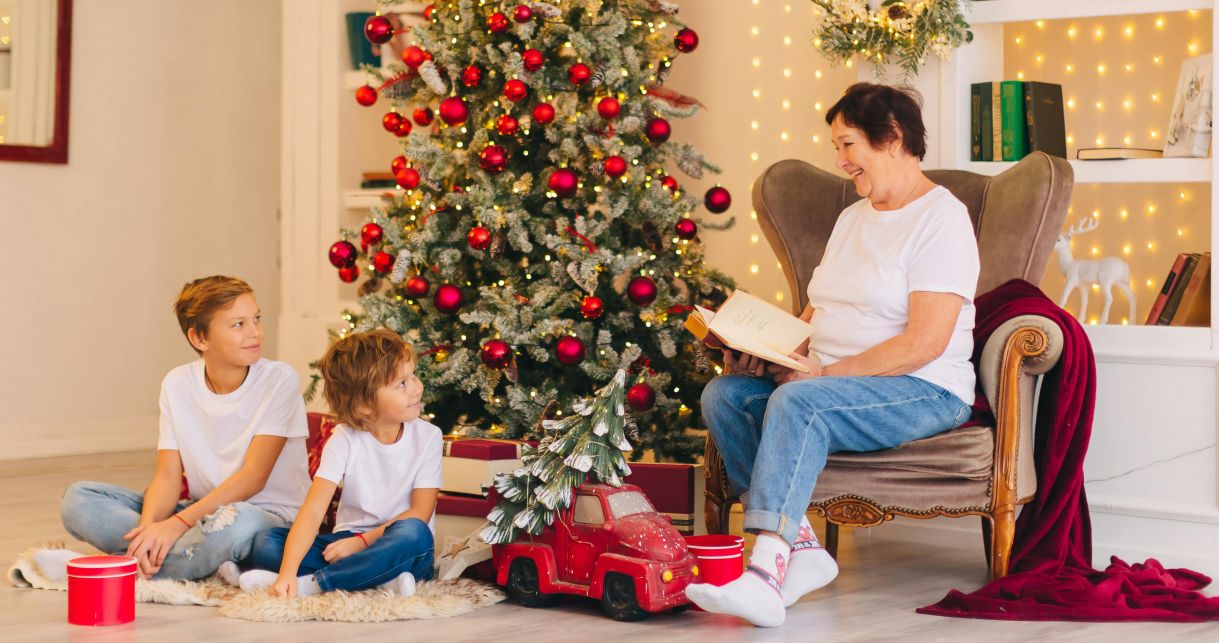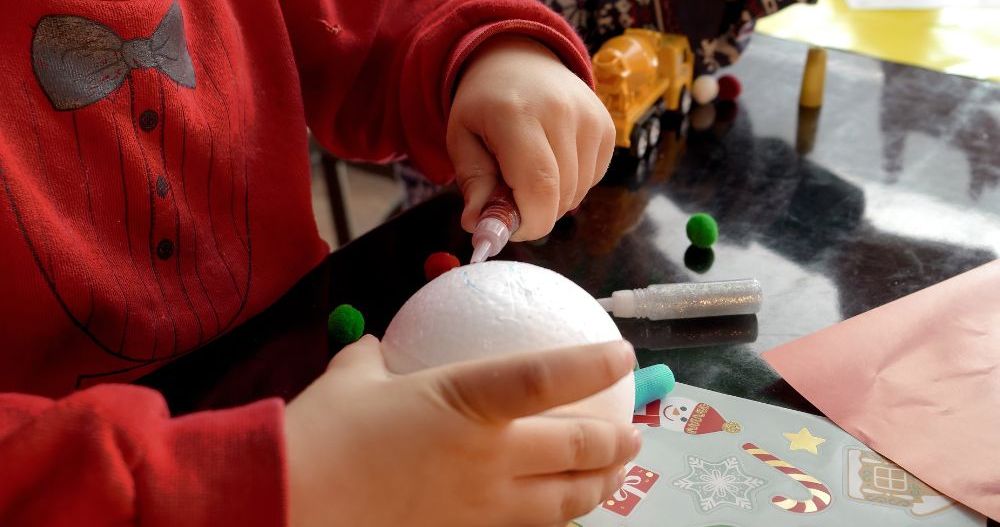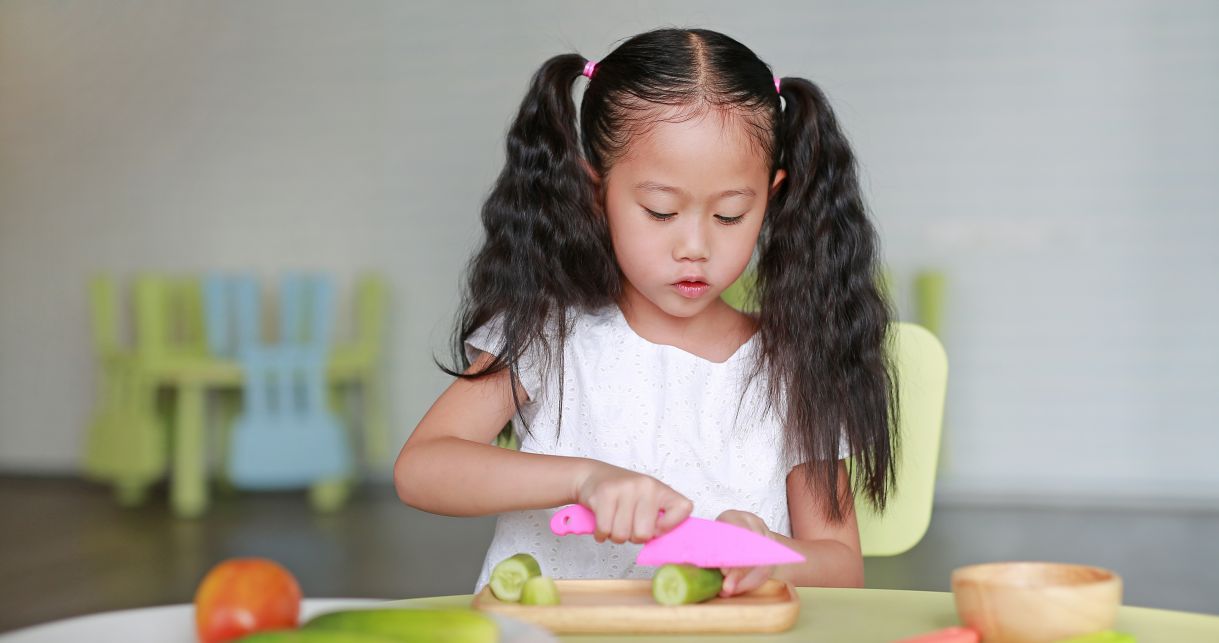5 min read
5 min read
5 min read
5 min read
At Busy Bees, we know that caring for children means more than just helping them learn and grow — it also means supporting their emotional wellbeing every step of the way. That’s why we’re proud to be supporting BBC Children in Need during Mental Health Awareness Week to shine a light on the importance of boosting children’s mental health and reminding us how powerful strong, supportive relationships can be.
Whether it’s a cuddle from a parent, a reassuring smile from a key worker, or enjoying story time, these everyday moments of connection can make a world of difference to a child. They help little ones feel safe, understood and ready to share what’s going on inside — even if they don’t quite have the words just yet.
In this blog, we’ll share gentle ways to support your child’s mental wellbeing at home and introduce six brilliant books that can help spark important conversations about emotions.
Children experience a wide range of emotions — excitement, fear, anger, joy, confusion — often all in one day! Putting those feelings into words can be tricky, especially for younger children who are still learning how to communicate. This is where we, as grown-ups, can make a real difference.
The BBC Children in Need campaign reminds us that when children have trusted adults who listen without judgement, they are more likely to share what’s on their minds. These conversations don’t need to be long or complicated - just being present and asking open questions can make a lasting impact.
Here are some ways to nurture your child’s emotional wellbeing through everyday interactions:
Books are a brilliant way to start conversations about feelings — they provide language, validation, and comfort. Here are six of our favourite books that make talking about emotions feel natural and fun:
1. Little Mouse is Absolutely, Completely, Totally Fine! by Sharon Hopwood
Ages 3+
A joyful, rhyming picture book that invites children to spot body language and expressions in a cast of emotional mice — helping them understand and name their own feelings.
2.Geoffrey Gets the Jitters by Nadia Shireen
Ages 3+
When jitters about school turn into talking tummy worries, Geoffrey learns to face his fears with humour and heart. A great way to talk about anxiety with laughter.
3. How Do You Feel? by Anthony Browne
Ages 0+
With simple words and expressive illustrations, this gentle book helps little ones name and understand a range of emotions — perfect for very young children.
4. We Feel Happy by Katie Abey
Ages 2+
Meet a colourful cast of animals experiencing different feelings, from calm to curious to grumpy. Includes helpful prompts and tips to support early emotional development.
5. That’s Mine! by Sumana Seeboruth
Ages 0+
A sweet story of sharing and connection, showing how friendships can grow when we think beyond “mine” — ideal for little ones learning about empathy and cooperation.
6. Sometimes I’m a Baby Bear, Sometimes I’m a Snail by Moira Butterfield
Ages 0+
Through playful animal metaphors, this book explores boundaries and emotional states — from cuddly to quiet — helping children understand it’s okay to need space sometimes.
At Busy Bees, we believe that every small moment of connection can have a big impact. Whether it’s through a cuddle, a story, or simply taking time to listen, these everyday interactions help children feel safe, supported and ready to share how they’re feeling.
By working together — parents, carers, educators and communities — we can give children the strong emotional foundations they need to thrive. Let’s keep making space for those little chats about big feelings.
This May, Children in Need want the UK to be all ears to boost children’s mental healthiness.
They have created ‘Pudsey’s Pause’ encouraging parents across the UK to support the children in their lives to pause, spot and share. To find out more, please visit the Children in Need website.
by Busy Bees
Published: 08/05/2025
Share Blog

by Busy Bees 26/01/2026
10 min read

by Busy Bees 01/12/2025
5 min read

by Busy Bees 01/12/2025
5 min read

by Busy Bees 27/11/2025
6 min read

by Busy Bees 25/11/2025
7 min read